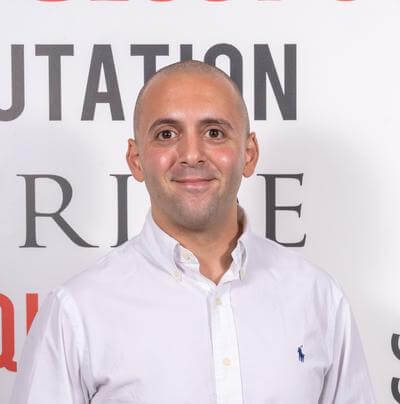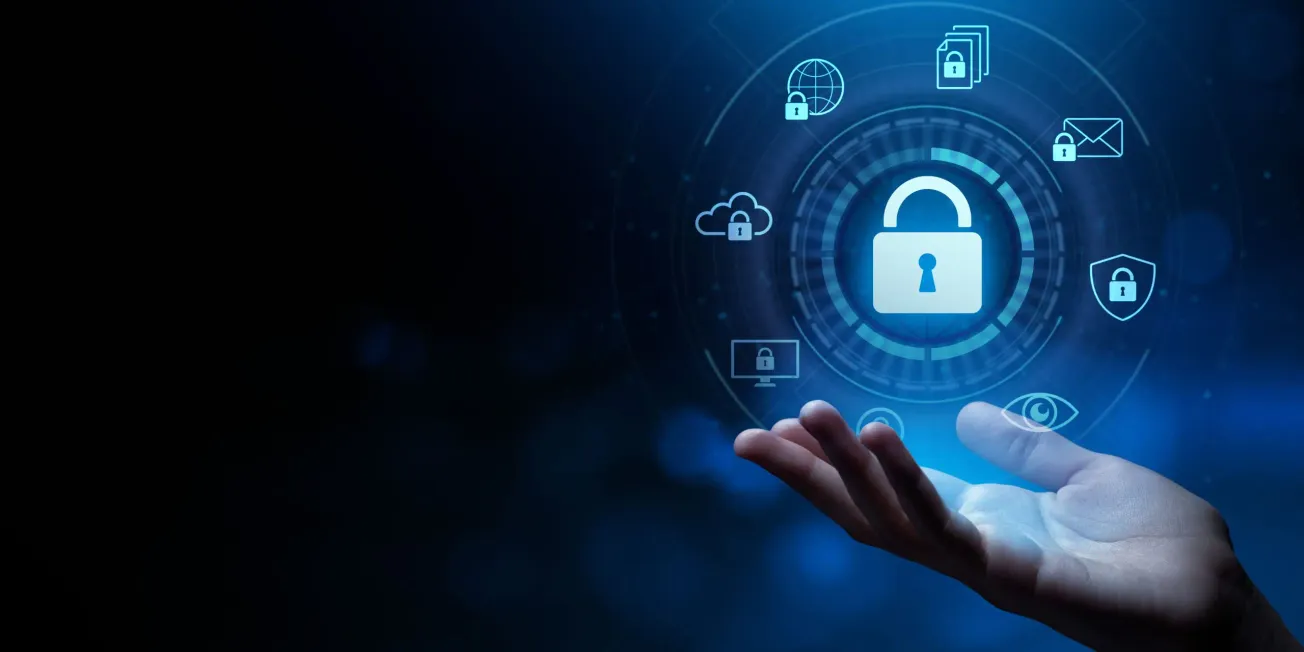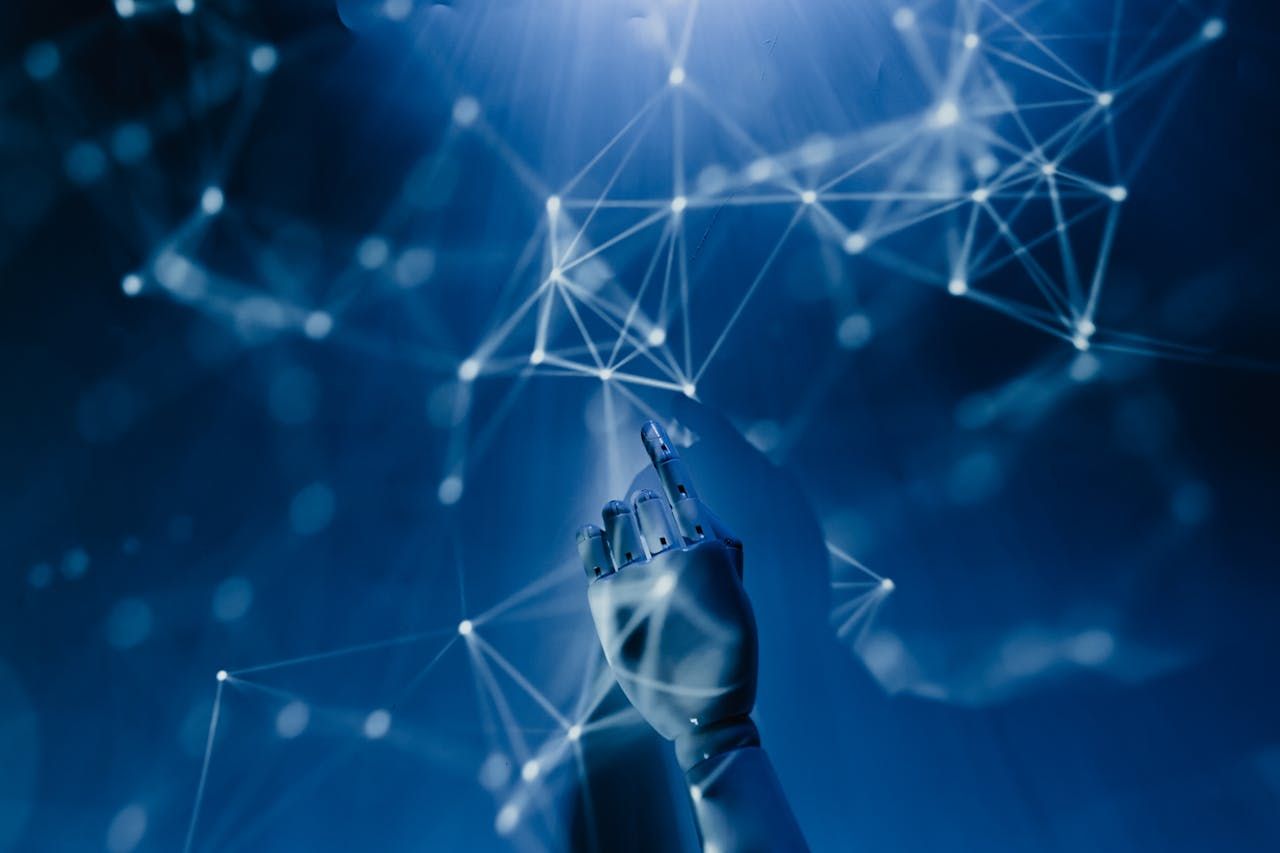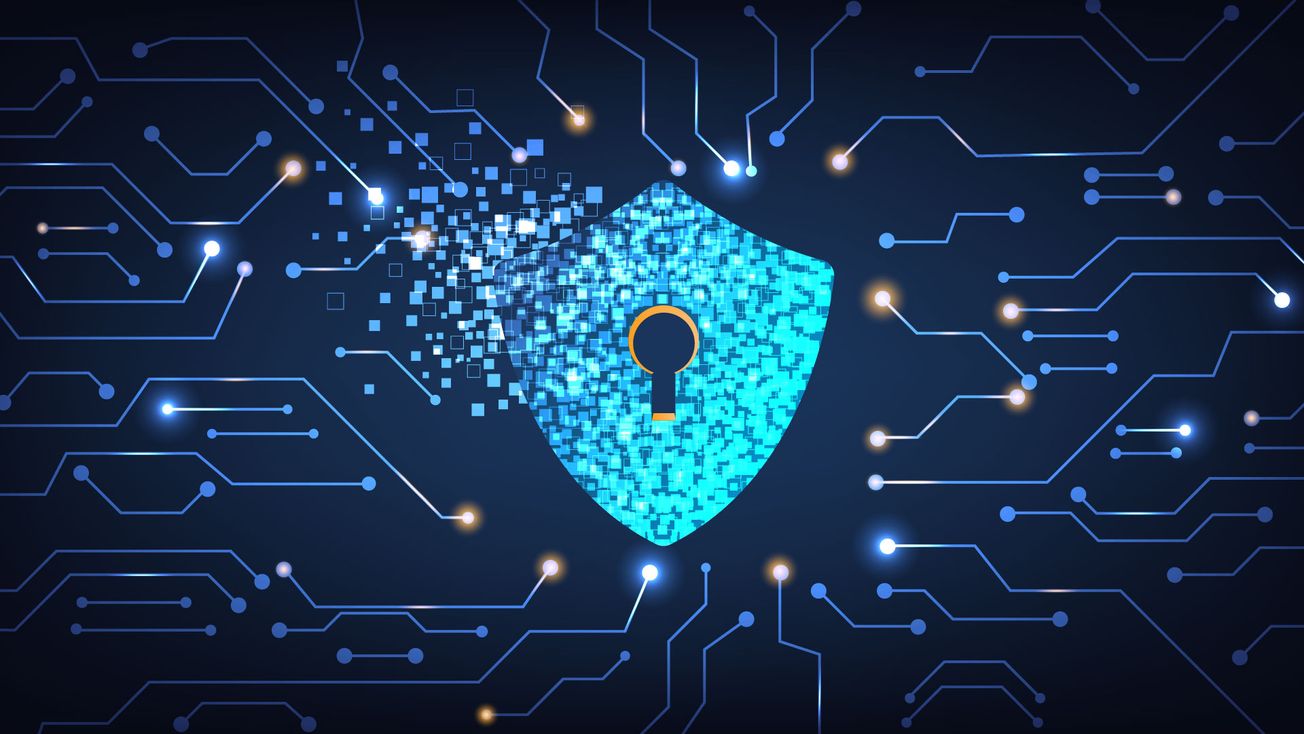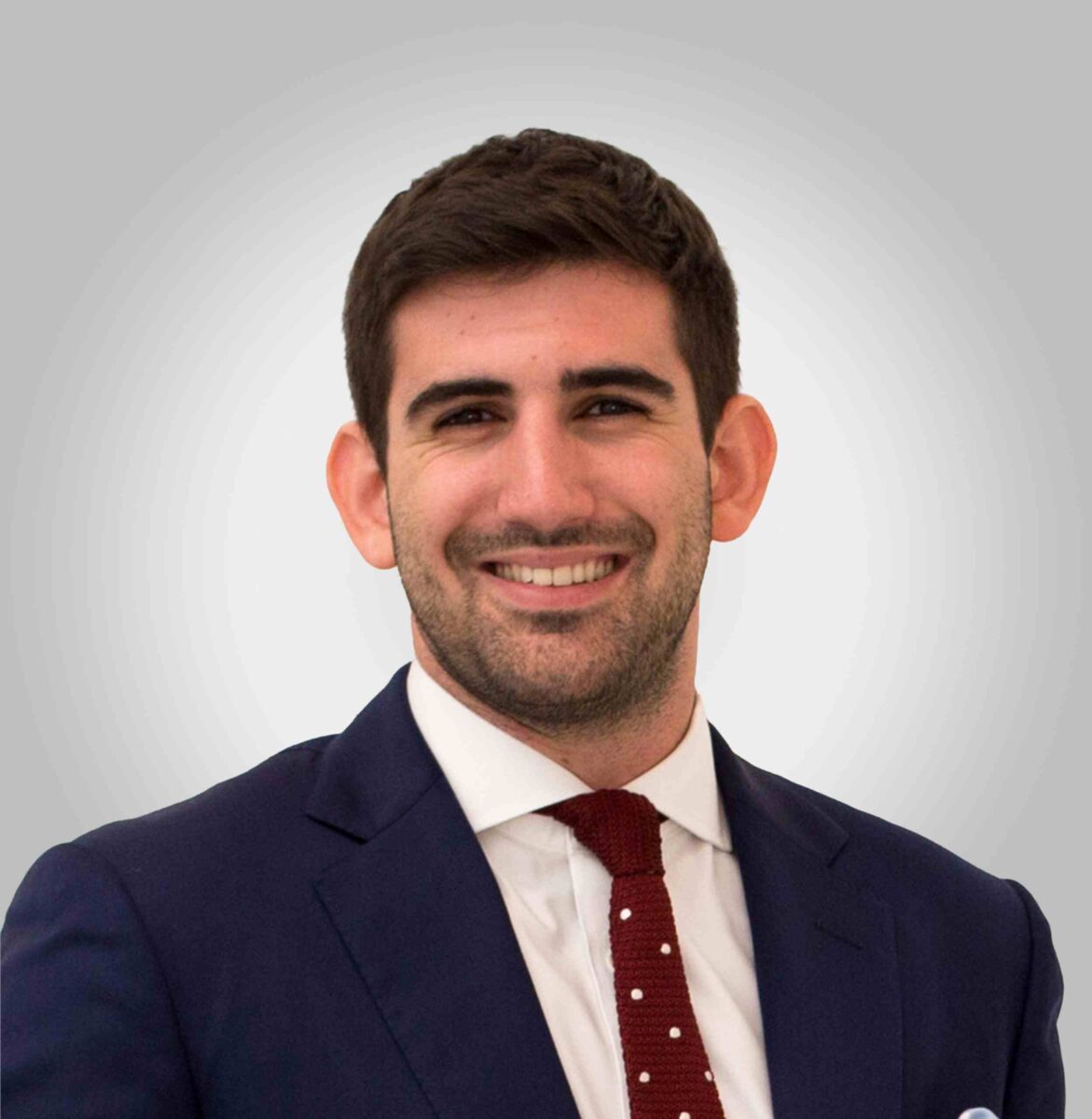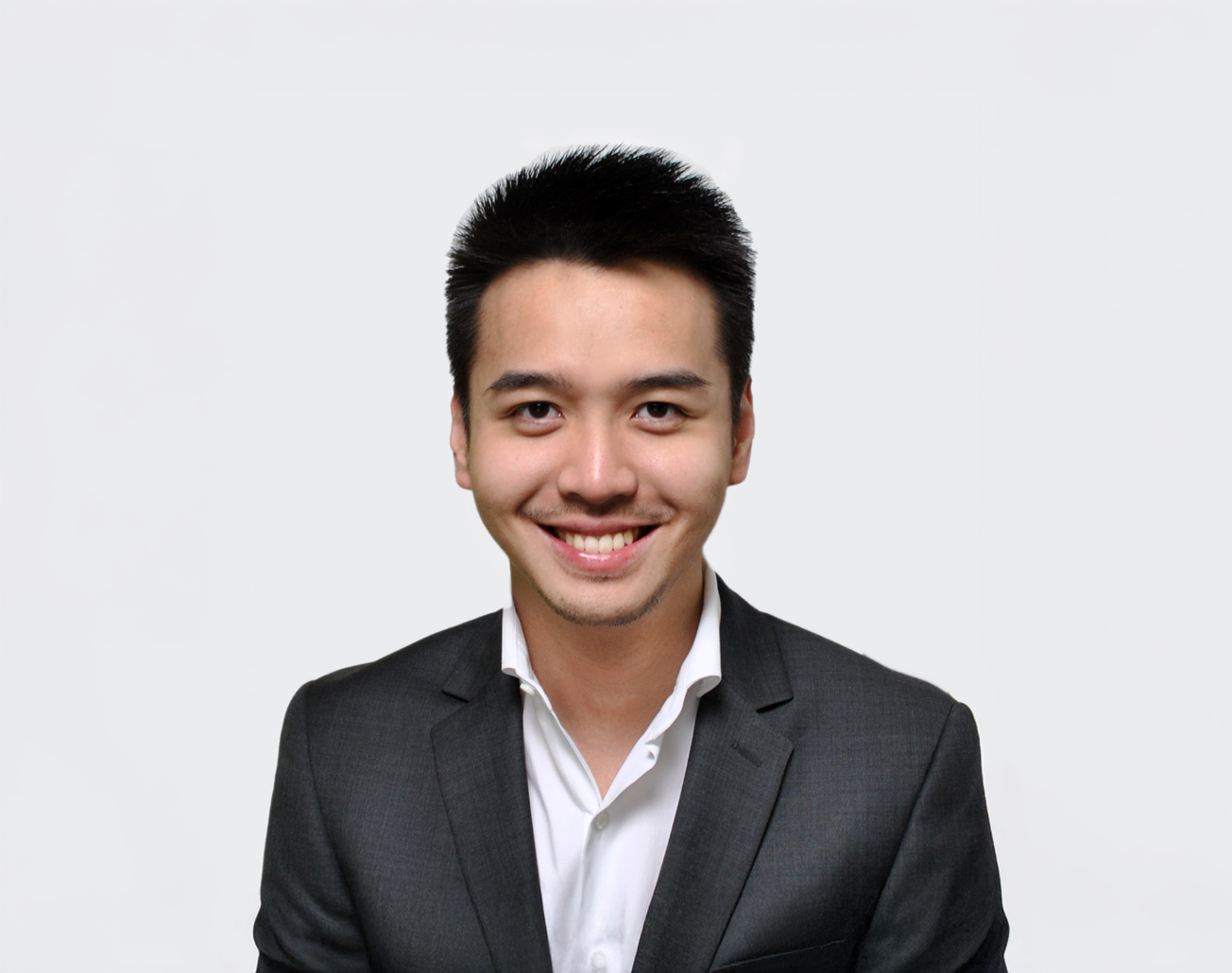In a recent report published by Medium, the rapid advancement of artificial intelligence (AI) technology has sparked concerns about potential job losses in the field of professional photography. The report argues that AI and image processing advancements are reshaping photography from a skill-based art to a technology-driven endeavor, making high-quality photography accessible to a broader audience and challenging traditional notions of professional photography as a specialized skill.
AI's role in photography may be similar to tasks like cooking and cleaning, where individuals can choose to do it themselves or hire someone else.
Jake Denton, a research associate at the Heritage Foundation’s Tech Policy Center, expresses concerns about relying too heavily on AI, emphasizing that machines lack the cultured sensibilities, conceptual depth, and emotional resonances that human artists bring to their work. While acknowledging technological advances, Denton warns against accepting machine creativity as equivalent to human artistry, asserting that true art requires insight and imagination beyond the current capabilities of AI.
The report highlights the diminishing need for human skills in photography, as AI now handles tasks such as composition and post-processing, eliminating the necessity for professional training. This, in turn, lowers the bar for entry into the field but also raises questions about the future relevance of traditional photography skills.
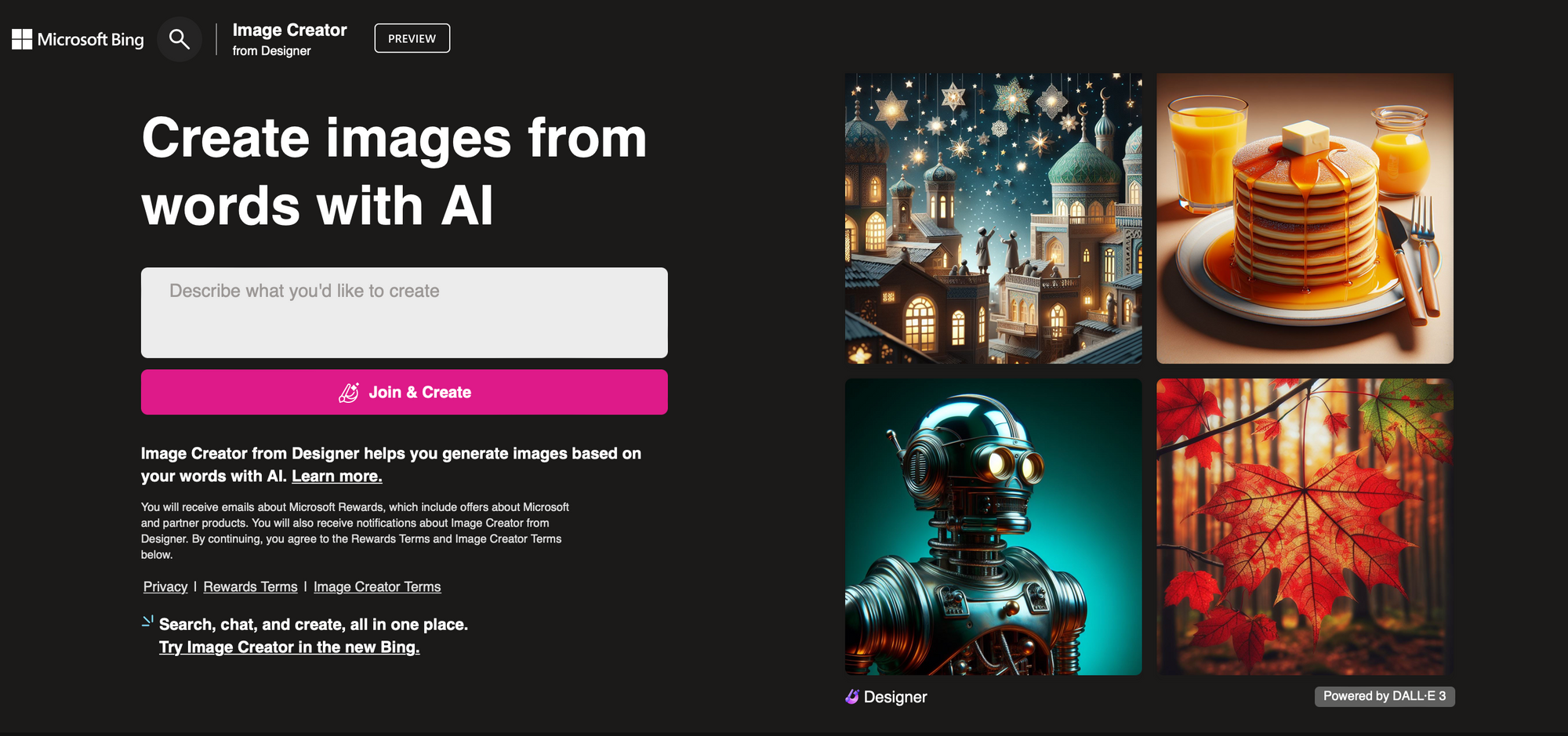
However, not all experts are convinced that AI will completely replace human involvement in professional photography. Samuel Mangold-Lenett, a staff editor at The Federalist, argues that creative professions like photography are relatively insulated from the threat of AI because they require ingenuity and perspectives that AI has yet to replicate.
Phil Siegel, founder of the Center for Advanced Preparedness and Threat Response Simulation (CAPTRS), suggests that AI's role in photography may be similar to tasks like cooking and cleaning, where individuals can choose to do it themselves or hire someone else. He anticipates a shift in the determinants of quality and engagement, focusing more on service, time, distribution, and cost.
Aiden Buzzetti, President of the Bull Moose Project, predicts that while AI tools in cameras, particularly on mobile phones, have made it easier for regular people to take better photos, professional photography will not become obsolete. He envisions a short-term displacement as more individuals enter the field, but believes that real-world photos will continue to hold value over AI-generated images, leaving room for AI-supported artistic endeavors.
In the ongoing debate, experts remain divided on whether AI poses a significant threat to the livelihoods of professional photographers or if it will simply reshape the industry, opening up new possibilities and preferences for both consumers and practitioners alike.


